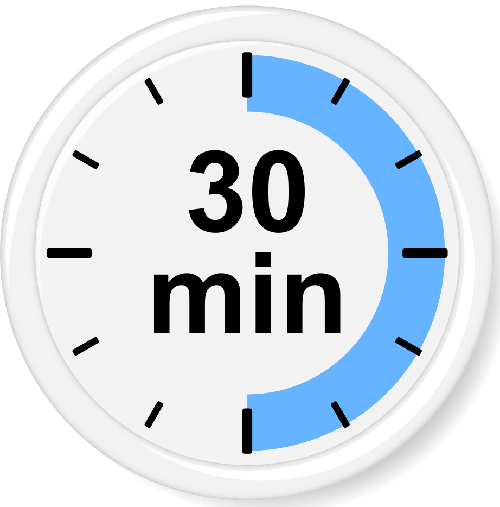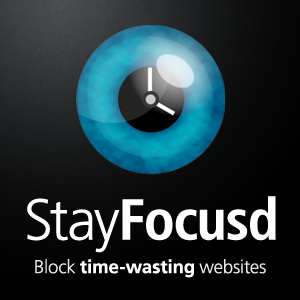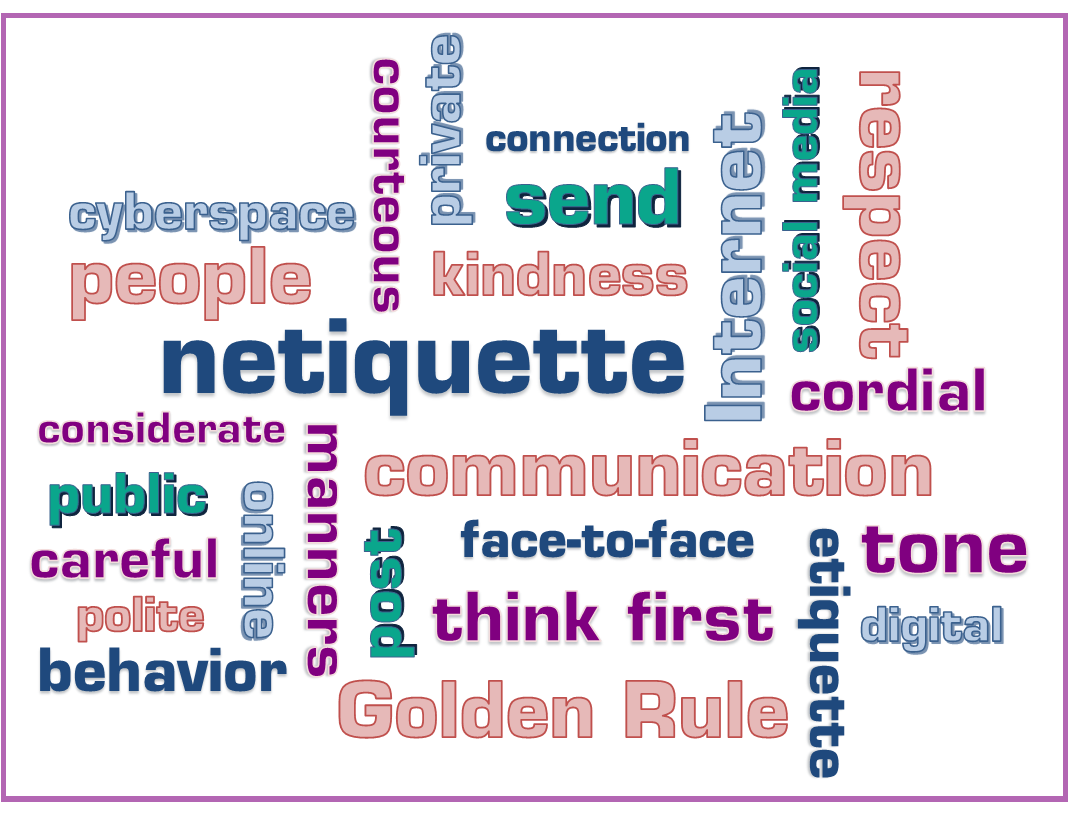Hello Readers,
There are a few things you need to think about when tackling your procrastination. A supplemental article I read, written by MindTools.com, “How to Stop Procrastinating”, helped me define and understand where my procrastination was stemming from, and what things to do in order to start being more efficient and effective with my time. According to the article, there are four steps in overcoming your procrastination;
- Recognize your procrastination
- Find the reason why you are procrastinating
- Develop strategies you can use to overcome your procrastination
- Form rewards for yourself, for when you complete tasks
Lets go through this step by step. What are you doing to avoid doing things that you need to be doing? For example, I tend to avoid things by going on my phone, or putting other tasks such as cleaning and laundry ahead of the more important and time sensitive tasks. I do this all week; until Sunday comes around and I then have to spend all day working on homework that is due by 11:59 pm. All week I did things that were not in my best interest, long term. I used less hard and more enjoyable tasks as reasons why I couldn’t start my homework. So take a second and think about what you do that delays or prevents you from completing things.
Next, you want to think deep and find out why you really are procrastinating. For me, I procrastinate because what I have to do is not something I desire to do. You may procrastinate because you do not find the task enjoyable, are scared to fail or succeed, or maybe you are an extreme perfectionist and you do not want to do something you are not perfect at. Whatever the reason, you need to remember that procrastination is simply just another habit. Habits can be broken and you can overcome this.
In order to change your habit of procrastination into a habit of efficiency, you are going to have to explore different strategies to find one that works for you. The MindTools article states, “Studies show that self-forgiveness can help you to feel more positive about yourself and reduce the likelihood of procrastination in the future.” First, it is important to forgive yourself for all those times you waited until the last minute, and the time you have wasted in order to avoid your priorities. Do not get down on yourself because that will only lead to anxiety, depression and even more avoidance. I often struggle with those feelings and I find it important to remind myself that, yes I created this problem and am the reason for it, but I am also the person that is going to fix this habit and strive to be better. The way you react to a problem that you recognize is really what defines you.
After you forgive yourself, it is time to start implementing things that can help you move forward. Turn your ways for procrastinating into rewards. For example, I enjoy scrolling through social media. So I put 30 minutes on a timer to complete a certain task, and after that 30 minutes I get a 10 minute break. During that break I get to do whatever I want to do, guilt free. This strategy helps me “see the end” of a task. I like knowing that I tried hard and focused, and the breaks keep me from burning out. If your excessive screen time is your cause of procrastination, implement timers. On Instagram, you can set a daily reminder for when you reach your time limit of being on the app. When I reach my daily limit of 30 minutes, a giant pop up comes on my screen to let me know. Also, if you have an iphone, you can view your weekly screen time broken up into the different apps you spend your time on and your weekly total hour usage as well. It lets you know if you spent less time on your phone compared to the week before. It is definitely an eye opener and a good starting point.
Another way to get started, is to track your time. In a previous course, I spent a week tracking our time using a spreadsheet in 30 minute increments. After you see how you spend your time, you can interchange your time wasting activities with priorities. Even spending 30 minutes to an hour a day on a task that is due in a week can save you from procrastinating. You can even implement a calendar to help you with time tracking. I have used Google Calendar, which I find to be the most effective way in avoiding procrastination. I can put in all my activities for the week and even set aside specific time for homework. This prevents me from letting other things get in the way, since they are already pre-scheduled.
One last thing you can do to avoid being overwhelmed, is to preview all of your modules and assignments in the beginning of the school week so you know what is ahead and how much time you need to complete each task. Break those tasks up into smaller tasks, so you can spend small bursts of time on a project to keep yourself motivated and focused. Remember to reward yourself for completing tasks.
There are so many different resources and things to do and try when battling your procrastination. Do not overwhelm yourself with all these options, but instead implement one thing at a time. Spend a week trying one way, and another week trying another in order to pick the strategy that works best for you.
I hope my tips can help you.
-Bridgette Ricco-
If you would like to read the full article by MindTools, click the link below:





